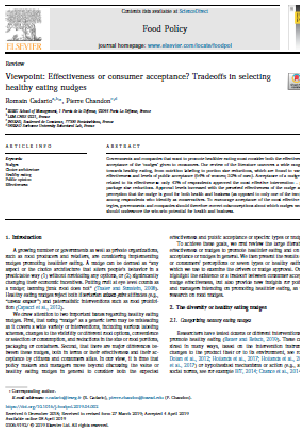Explore Tags
#Environmental Sustainability, #E2E Value Chain, #Deforestation, #Sustainable Retail Summit, #Social Sustainability, #Sustainability, #Food Waste, #Climate Change, #Tesco, #Case Studies, #Food Loss and Waste, #Danone, #Human Rights, #Sustainable Supply Chain Initiative, #GHG, #social compliance, #Employee Wellbeing, #Climate Action, #Case Study, #consumer goods forum, #Social Responsibility, #SSCI, #Plastic Waste, #Collaboration, #Brazil, #Sustainability Standards, #Forest Positive, #consumer goods,
